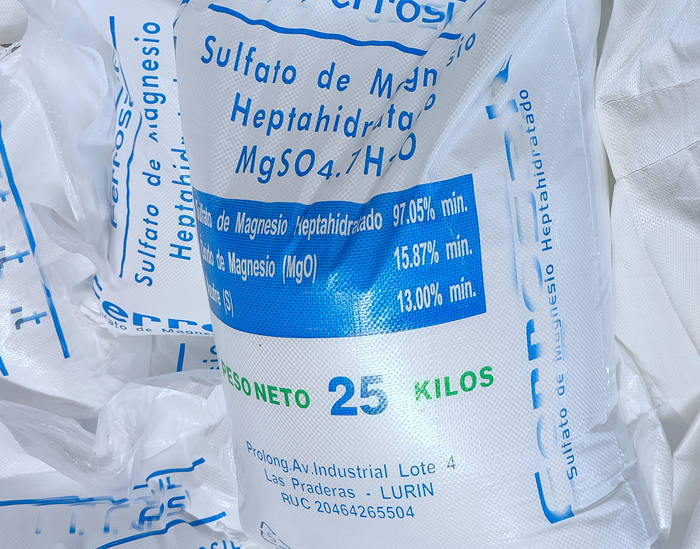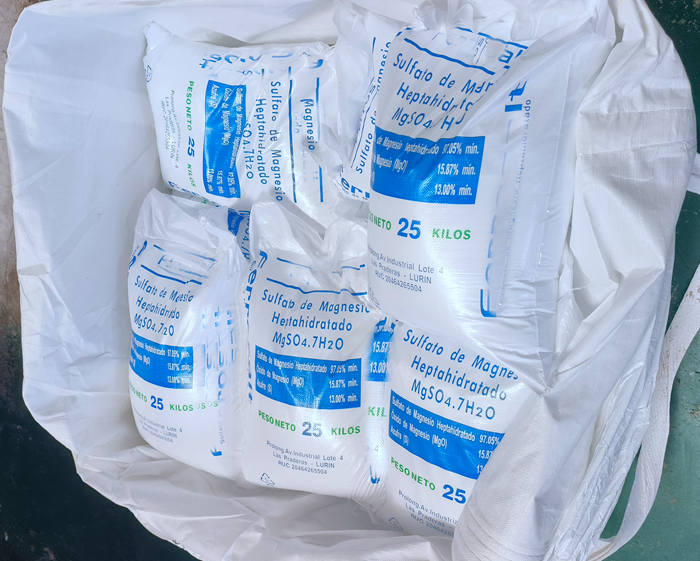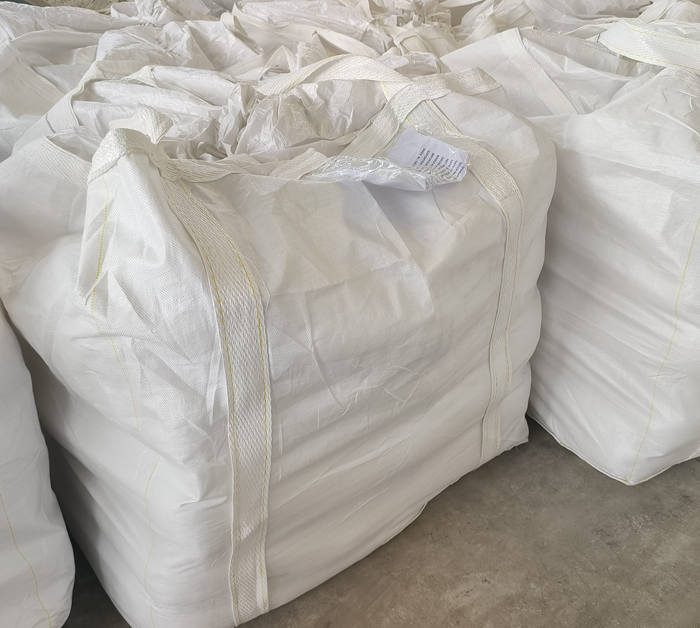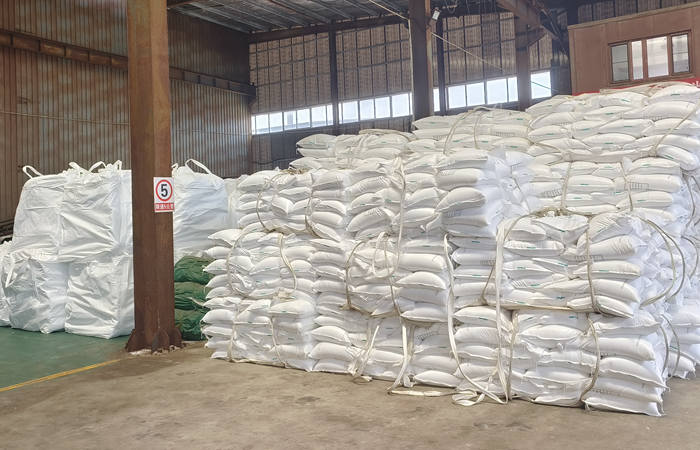Magnesium sulphate heptahydrate
Package: 25kg plus jumbo bag;
Suitable for bulk vessel shipping
Item: Magnesium sulphate
Package: 25kg bag in natural type or as customer design;
Appearance: wet (easy caking) and dry (free flowing)
Advantage: Always have stock for about 1000tons; very near Tianjin port, and we also have
the shipping forwarder which had cooperated with more than 10 years.


One: Magnesium-deficient soil:
The importance of magnesium sulphate:
Planting patterns that require excessive crop yields, over-recommendation of common
fertilizers such as nitrogen, phosphorus, and potassium, sandy soil and acidic soil,
magnesium is easy to lose, and fruit trees are prone to magnesium deficiency. Too much
potassium, nitrogen, and phosphorus can hinder the absorption of magnesium and cause
magnesium deficiency. Ignoring the use of other elemental fertilizers, and the use of
large-scale pesticides and hormones, our soil is almost "dead". The soil rarely contains
various mineral elements such as calcium, magnesium and iron.
The excrement produced by industrial chemical factories leads to the formation of acid
rain, and acid rain is another factor that depletes soil magnesium. The nitric acid in acid
rain consumes calcium and magnesium in the soil, and at the same time activates and
releases the heavy metal aluminum in the soil.
Two: Magnesium deficient crops
Whether a plant has minerals depends on whether there are minerals in the soil. If the
soil lacks magnesium, the plant will not have magnesium. Plants cannot synthesize
magnesium from the air, so farmers need to also apply various mineral nutrients such
as magnesium sulphate, manganese sulfate, etc. during the planting process.


In crops, if young trees lack magnesium, the base leaves first begin to fade or shed, and
then only a few soft and thin light green leaves remain on the top tips. Mature trees lack
magnesium, and the edges or veins of old leaves on their branches first lose green, then
gradually turn yellow brown or dark brown. Blooming is suppressed, and the taste of small
fruits is poor.